15 Best Foods For Healthy Lungs And Better Breathing
Boost your respiratory wellness with nutrient-packed options to enhance your airflow daily!

Image: Shutterstock
Respiratory disorders are on the rise. Pollution and an unhealthy lifestyle can be held responsible (1). As per the WHO, three million lives are affected every year due to respiratory ailments. But fret not – as taking certain foods for healthy lungs and adopting some lifestyle changes can help. These practices can help you breathe easy and cut down on medical expenses. Learn more about the 15 foods that promote your lung health, the foods you should avoid, and the lifestyle changes you need to adopt. Scroll down to read further.
In This Article
15 Best Foods For Healthy Lungs
1. Garlic
Allicin is the main phytonutrient present in garlic that it is responsible for its numerous health benefits. It has antimicrobial, anticancer, and blood pressure-lowering properties. Chinese scientists found that garlic consumption had a positive effect on patients with lung disorders and lung cancer (2).
Consume 2-3 cloves of garlic per day in curries, salads, and salad dressings to help protect your lungs from infection and diseases.
2. Spinach
Spinach and other dark leafy greens like kale, chard, rocket spinach, and radish greens are loaded with vitamins and minerals. Scientists have found that spinach contains phytochemicals that help prevent oxidative damage, reduce inflammation, and fight cancer (3).
Consuming at least a cup of spinach every day will help boost your immunity and keep your lungs in good shape.
3. Apples
Okay, I am not going to emphasize on the cliched apple adage. But, to be honest, it holds true here as well. Apples are rich sources of antioxidants and phytochemicals (like catechins, chlorogenic acid, and phloridzin) that help reduce the risk of asthma, cancer, inflammation, and cardiovascular disease (4).
Consume an apple every day for breakfast or as a snack to keep your lungs healthy.
4. Fatty Fish
Fatty fish like wild-caught salmon, mackerel, carp, and haddock are rich in the omega-3 fatty acids EPA and DHA. These are known as PUFAs or polyunsaturated fatty acids as they contain more than one double bond in their chemical structure. PUFAs have anti-inflammatory, anticancer, antioxidative, and heart protective properties (5).
Consuming fatty fish or taking fish oil supplements can help keep your overall health in check. Talk to your doctor to know the exact dose of fish oil supplements for you.
5. Ginger
Ginger is one of the trusted home remedies for treating cold and sore throat. Scientists have found that it contains a bioactive compound, gingerol. And it is this compound that is responsible for the pungent taste of ginger. Gingerol also helps prevent asthma, cold, migraines, and hypertension (6).
The best way to take in a dose of ginger is by crushing an inch of ginger root and adding it to your morning detox water or breakfast juice.
6. Berries
Berries, such as strawberries, raspberries, cranberry, blackberry, and blueberry, contain phenolic acids, flavonoids, tannins, ascorbic acid, and other beneficial phytochemicals. These help reduce inflammation, boost immunity, protect the heart, and fight various types of cancers (7).
Consume berries in smoothies, add them to breakfast bowls, or have them as a snack.
7. Apricot
Sweet apricots are not only delicious but also potent protectors of your lungs. Researchers have found that apricots are great sources of vitamin C, vitamin E, beta-carotene, and lycopene. All these compounds are antioxidants that help scavenge the harmful free oxygen radicals. Apricots have anti-allergic, antimicrobial, anti-inflammatory, and anticancer properties (8).
Add them to your salads, smoothies, or breakfast bowls or have a few as a snack.
8. Broccoli
Broccoli is the king of all foods that heal. Scientists have found that broccoli is a good source of sulforaphane (SFN), which has antioxidant, anti-inflammatory, anticancer, and antimicrobial properties. SFN has also been found to prevent cancers of the lung, stomach, and breast (9).
Consume half a cup of blanched or grilled broccoli every alternate day to improve your overall health.
9. Grapefruit
Grapefruit is known for its magic weight loss-boosting properties and numerous health benefits. This low-calorie fruit is a good source of vitamin C, vitamin B6, thiamine, folic acid, and magnesium (10). It also contains a bioactive flavone, naringenin, which has antioxidant and anti-inflammatory properties (11).
Consuming at least half a grapefruit at breakfast can help flush out toxins from the body and reduce inflammation in your respiratory system. However, in some cases, citrus can aggravate the condition. Hence, you must consult your doctor before consuming any citrus fruit to treat the common cold or any other lung condition.
10. Turmeric
Turmeric, the golden spice, has been used for ages to help alleviate various health problems. Curcumin, the main active ingredient, is responsible for all the goodness turmeric offers. It is antioxidant, anti-inflammatory, and antimicrobial. These properties make turmeric ideal for counteracting inflammatory disorders, cancers, and obesity (12).
Consume an inch of turmeric root first thing in the morning or add edible-grade turmeric powder to your smoothies, juices, salad dressing, and curries.
11. Beans, Seeds, And Nuts
Beans, seeds, and nuts have two things in common – (i) they are great sources of protein, and (ii) they have anti-inflammatory properties. So, by consuming them, you will be able to reduce inflammation, cholesterol, and blood pressure and manage visceral adiposity (13), (14).
Consume about half a cup of beans and a handful of nuts and seeds every day.
12. Avocado
Avocados are rich in vitamins E, K, B6, riboflavin, pantothenic acid, and niacin and loaded with polyunsaturated fatty acids (15). These vitamins have antioxidant and anti-inflammatory properties. In fact, scientists have found that consuming avocado can help reduce arthritis, an inflammation of the joints (16).
Consume half an avocado every day to stay healthy.
13. Poultry
Chicken and turkey are the most widely consumed poultry and great sources of lean protein. Scientists have found that a diet rich in poultry could reduce the risk of lung cancer by 10% (17). Make sure you consume hormone-free poultry for best benefits.
Consume broiled, poached, and grilled poultry for lunch or dinner.
14. Red Bell Peppers
Red bell peppers are great sources of lycopene, vitamin C, and beta-carotene. These are antioxidants and help neutralize the free oxygen radicals (18). As a result, your lungs and all other vital organs stay protected and free of diseases and disorders.
Consume raw, sautéed, grilled, or blanched red bell peppers in salads, sandwiches, and vegetable quinoa.
15. Chili Peppers
Chili peppers are hot and add personality to your food. Scientists have revealed that capsaicin is responsible for the heat of the chilies and the goodness they have to offer. It has antioxidant and anticancer properties (19).
Consuming chilies every day will help keep your health in optimum shape.
So, you see, these foods are really easy to get from the supermarket or the farmer’s market. All you have to do is plan over the weekend and get all the ingredients and store them in the refrigerator. Now, let me list out the foods that you must avoid to keep your lungs healthy.
Foods To Avoid
- Eggs
- Salt
- Wine
- Shellfish
Note:
You must talk to your doctor before consuming or avoiding foods. Depending on your medical condition, medical history, and food allergies, he/she will recommend lung-healthy foods.
So that was the food part. The next big thing is your lifestyle. Because if you lead a bad lifestyle, you will not be able to heal your lung problems. Take a look at the following list to know the lifestyle changes required to keep your lungs healthy.
Lifestyle Changes
- Quit smoking.
- Avoid passive smoking.
- Eat healthily.
- Get 7-8 hours of sleep.
- Exercise every day.
Consuming a few foods for a healthy kidney ensures their optimal functioning and minimizes the negative effects of an unhealthy lifestyle. Such foods include cabbage, red bell peppers, onion, garlic, cauliflower, apples, strawberries, fatty fish, pumpkin seeds, kale, and watermelon. Along with these foods, following a healthy diet, taking protein-rich foods in moderate amounts, maintaining a healthy lifestyle, cutting down on alcohol and smoking, and exercising regularly can help promote kidney health and overall well-being. However, if you have an existing kidney issue, consult your doctor before incorporating any of these foods into your diet.
Frequently Asked Questions
What drink is good for the lungs?
Honey and water, green tea, and cinnamon water are a few drinks that are good for the lungs.
Is hot water good for the lungs?
No, one should not drink hot water as there is a high risk of burn and injury. Having lukewarm water helps in detoxification and also provides relief from seasonal cough and cold.
Is banana good for the lungs?
Yes, bananas are good for the lungs. Their potassium content helps improve lung function.
Is lemon good for the lungs?
Yes, lemon is good for the lungs. It reduces mucus and inflammation and can be used as a natural remedy to manage asthma.
Read full bio of Dr. Ramon Andrade de Mello



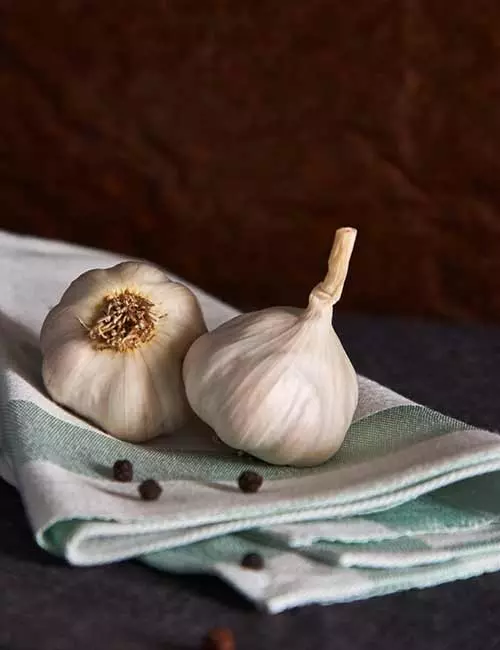
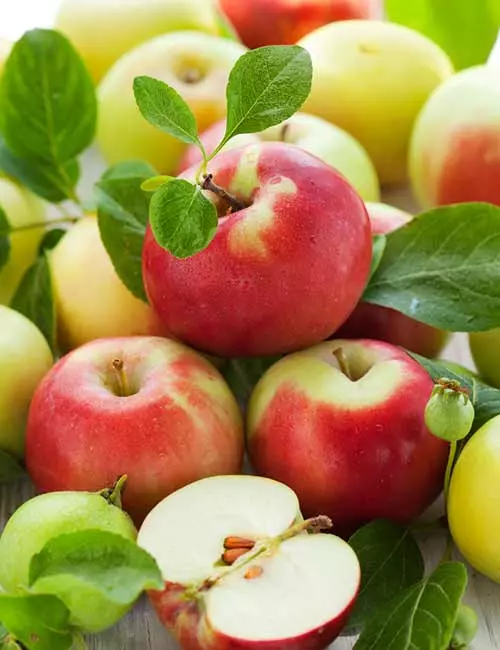
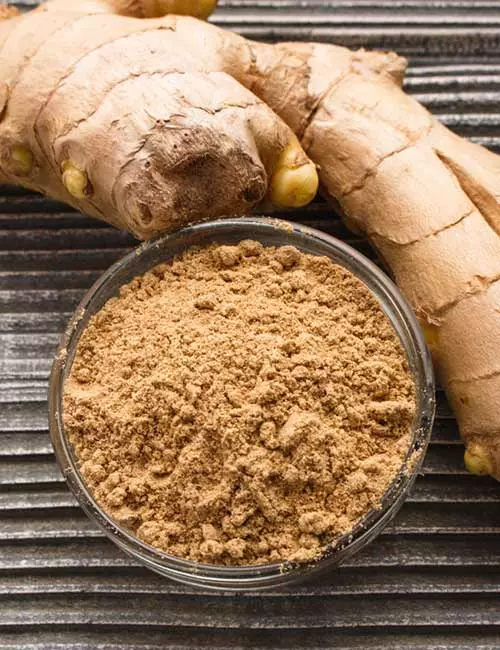
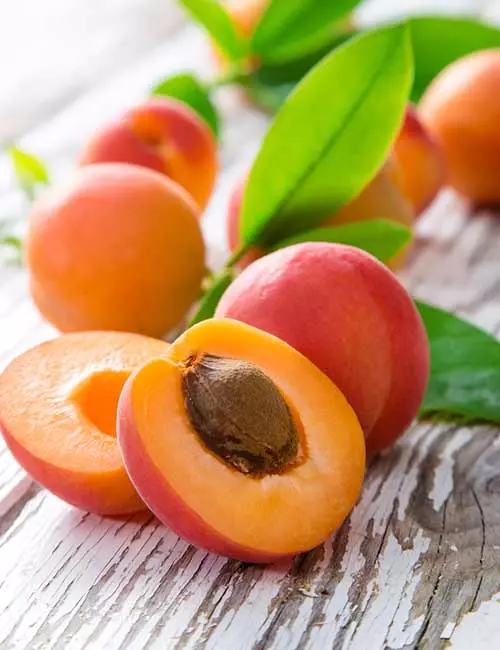
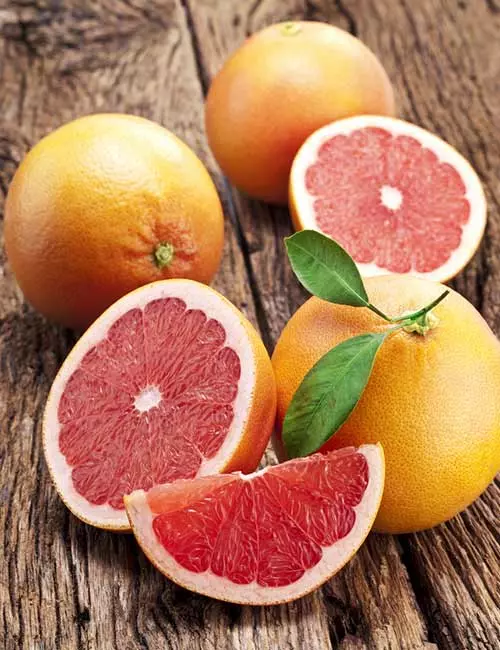
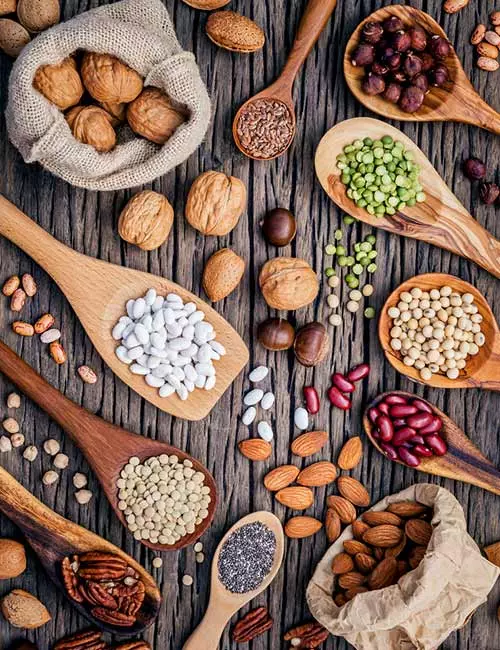
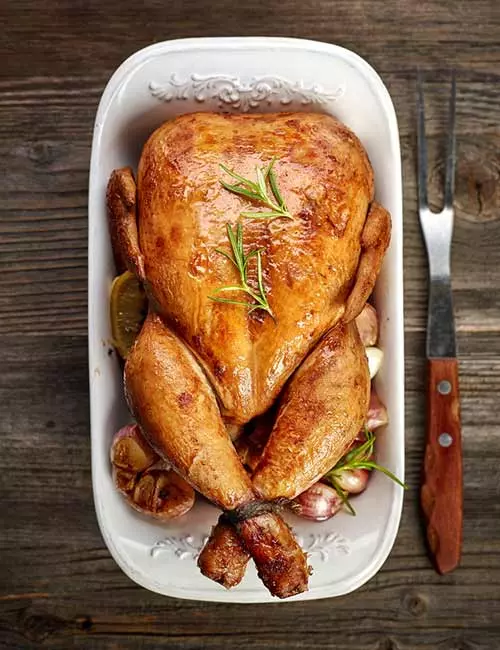
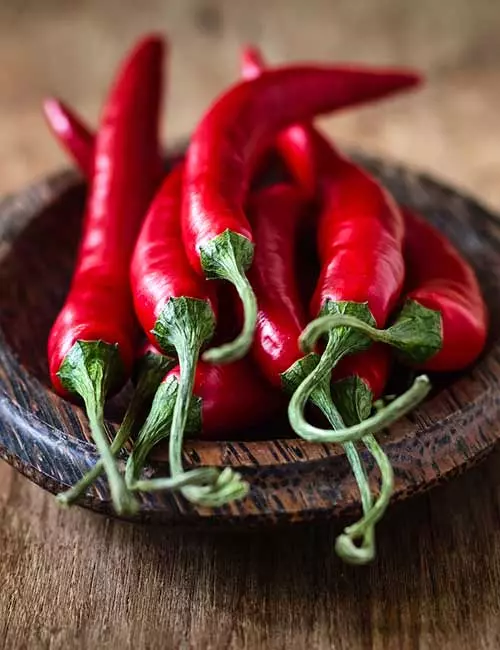



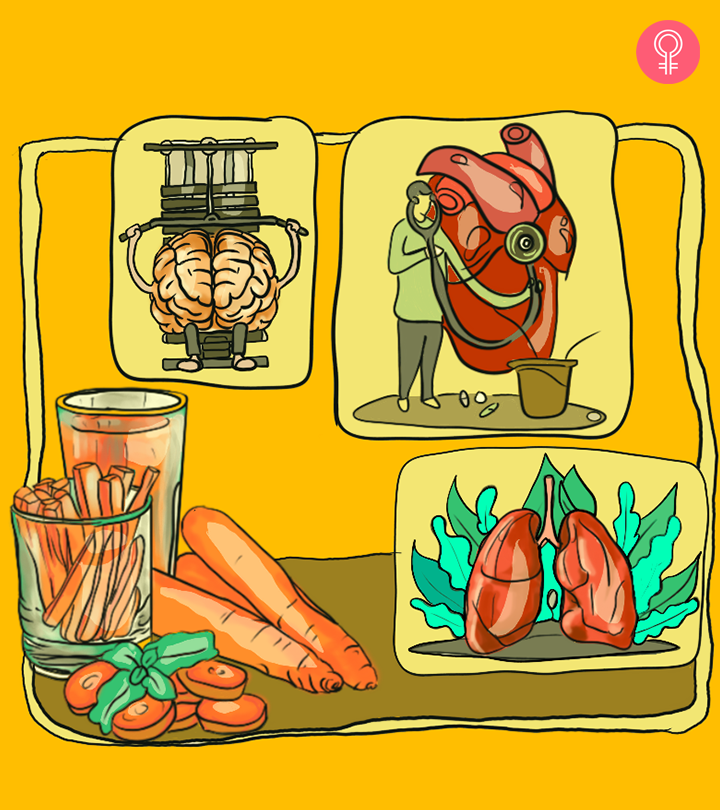
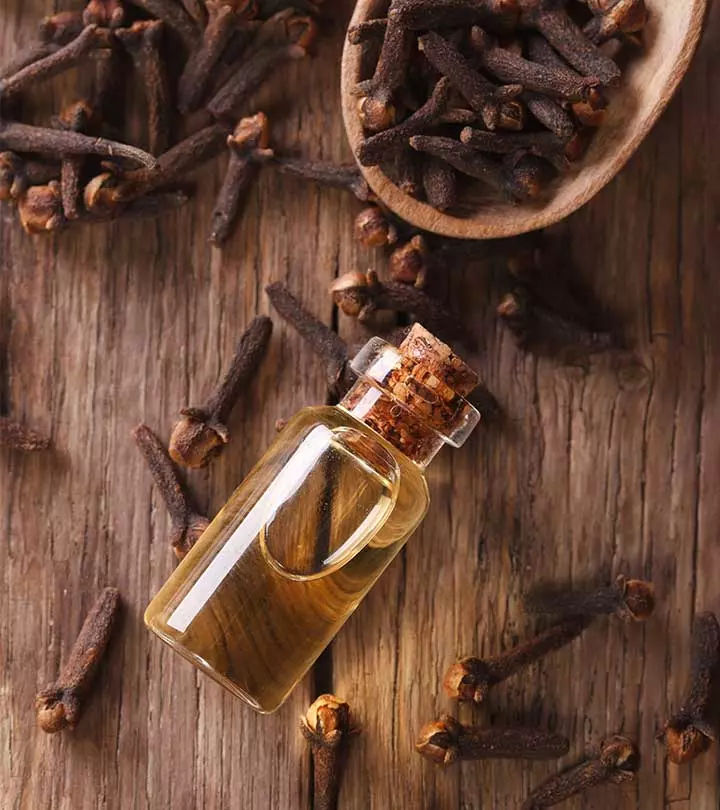

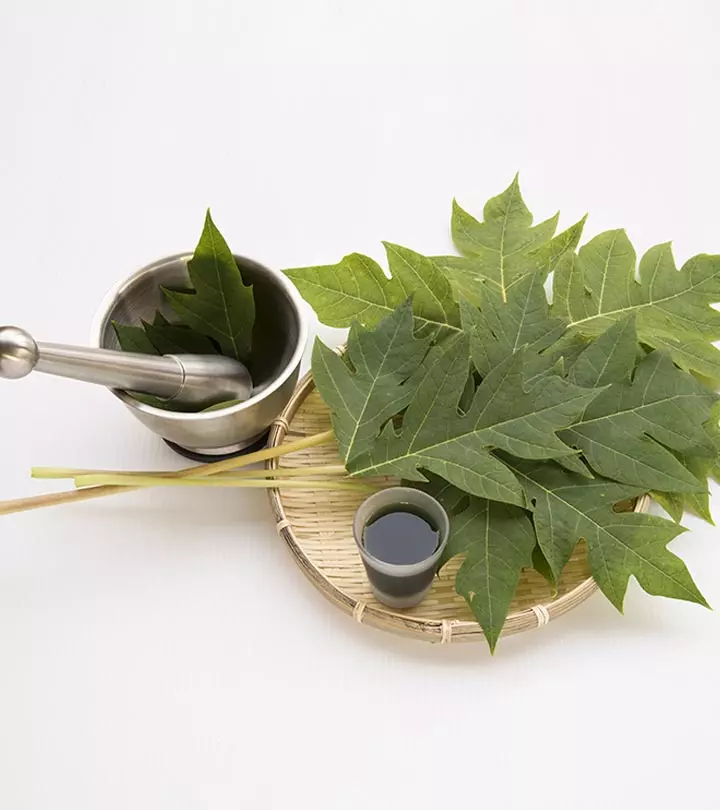
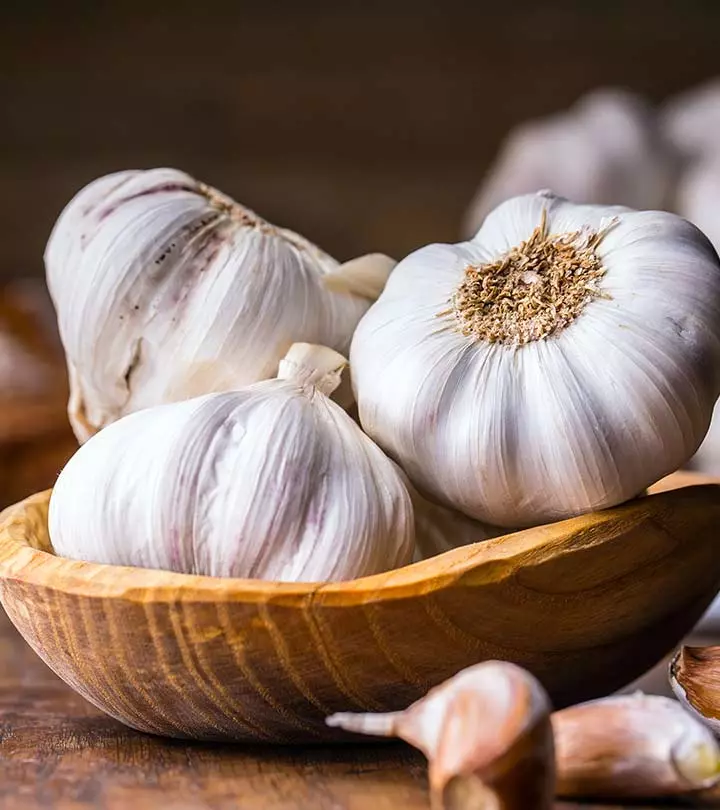

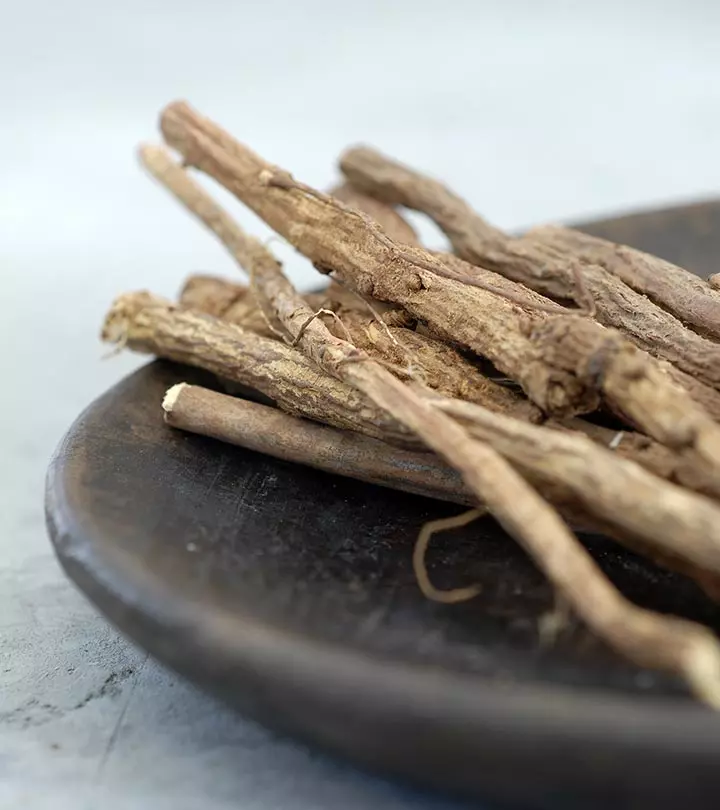














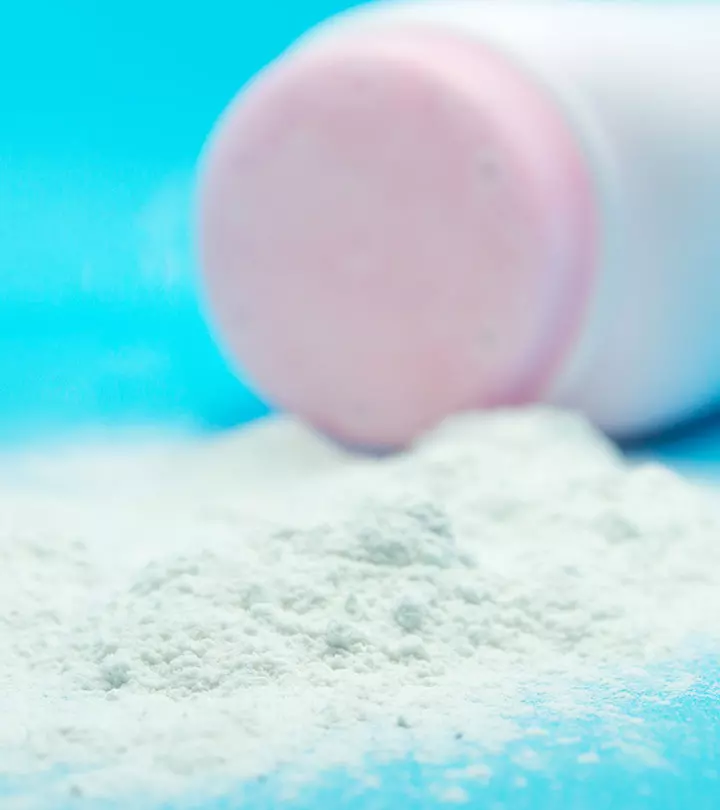
Community Experiences
Join the conversation and become a part of our empowering community! Share your stories, experiences, and insights to connect with other beauty, lifestyle, and health enthusiasts.